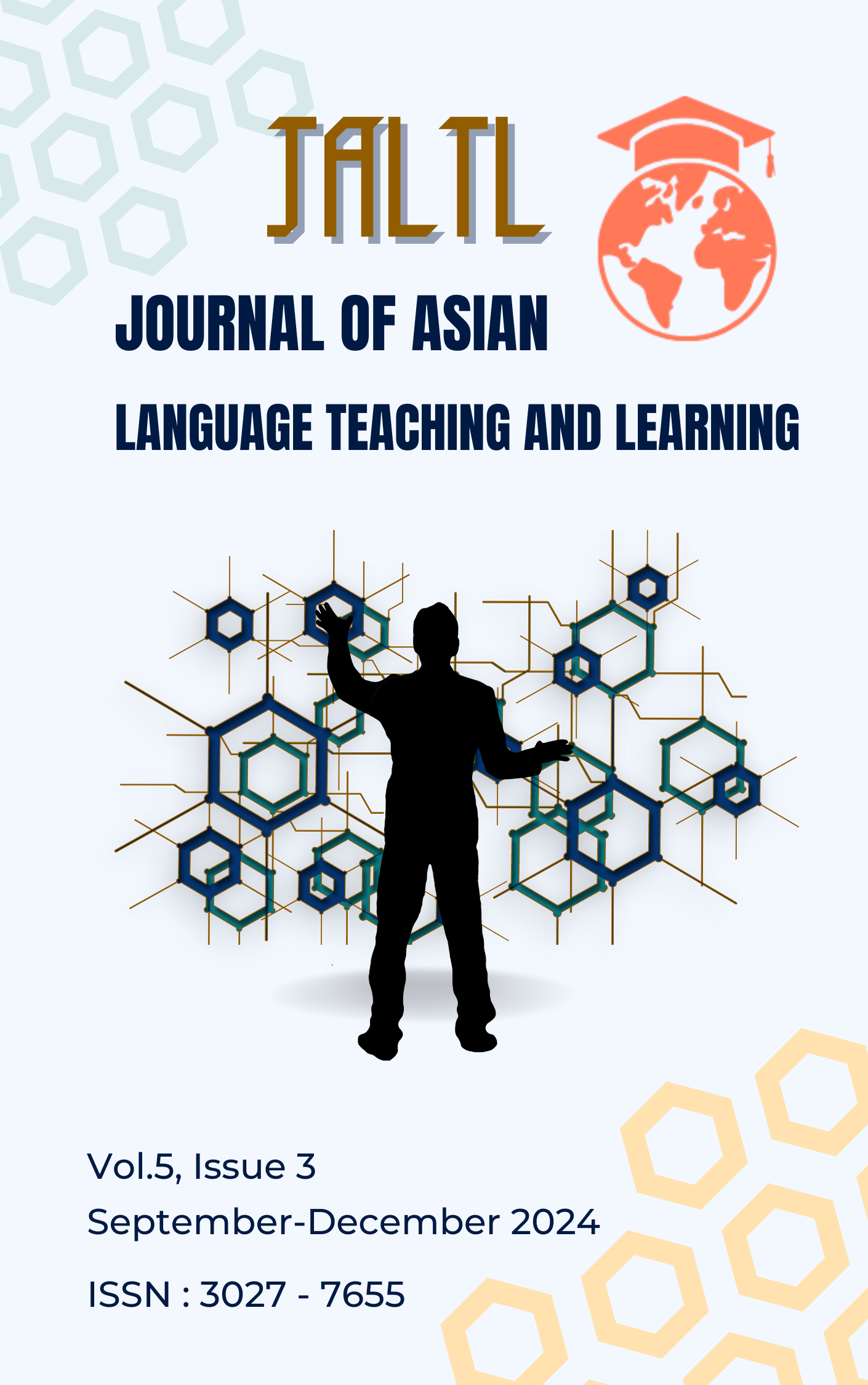An Educational Technology- Integrated instructional System for English Language Teaching and Learning in MCU
Main Article Content
Abstract
The research aimed to study the effectiveness of educational technology-instigated instructional systems in English classes of second-year students at Mahachulalongkornrajavidyalaya University. The study used a research and development (R&D) approach, including a group pre-test and post-test design. The overall average was 4.22, indicating satisfactory participation. The study found that students felt sleepy in the classroom and were reluctant to ask questions. The efficiency of the instructional system manual was 82.25/88.00, higher than the standard level. The students expressed high satisfaction with the development of a learning model, with an overall average of 4.28. The study also found that the activity materials were engaging and fun, with an appropriate difficulty level for students.
Article Details

This work is licensed under a Creative Commons Attribution-NonCommercial-NoDerivatives 4.0 International License.
References
Marlina, R., & Xu, X. (2018). The role of English as a global language: Challenges and strategies in the Indonesian context. Journal of English as an International Language, 13(1), 94-109.
EF Education First. (2022). EF English Proficiency Index 2022. Retrieved from: https://www.ef.co.th/epi/
Smith, J. (2019). Challenges in English language learning among Thai students. Journal of Language Education, 10(2), 45-62.
Jones, A. (2020). Teaching techniques in Thai schools: Impact on English language education. International Journal of Language Studies, 15(3), 78-95.
Wariyaporn, K. et al. (2019). Language learning strategies among Thai EFL learners: A review of the literature. The Journal of Asia TEFL, 16(4), 1163-1175.


